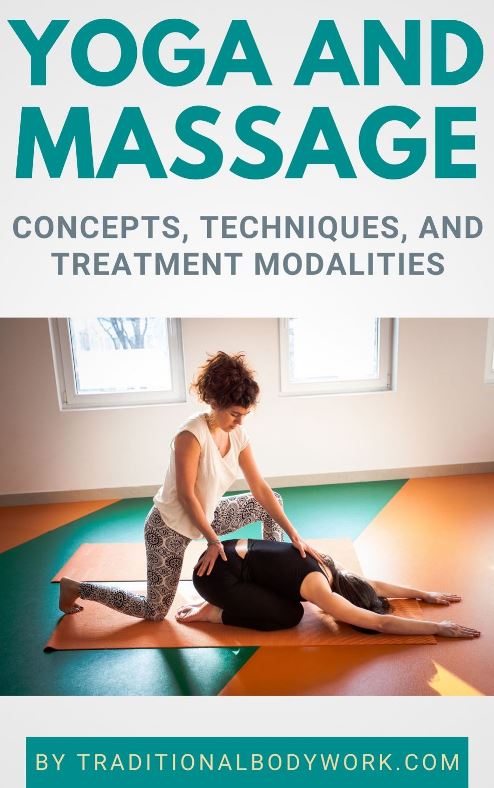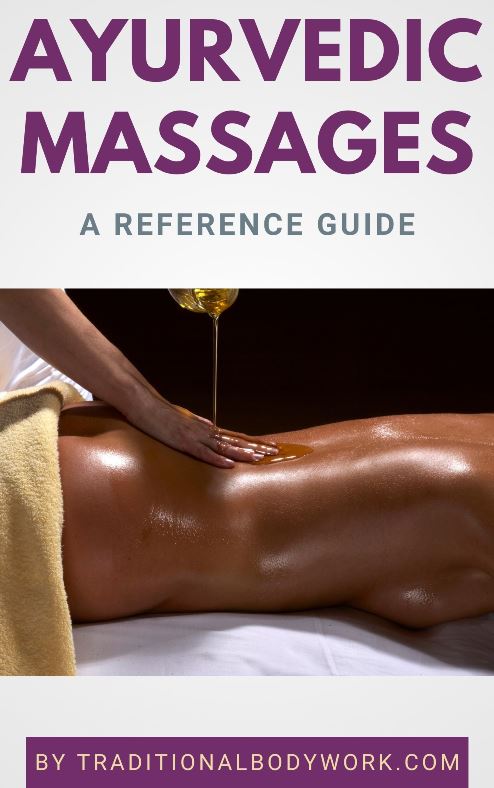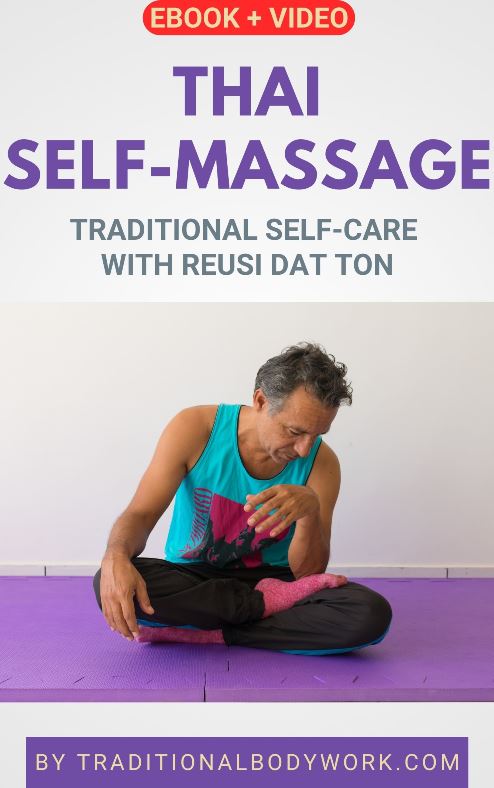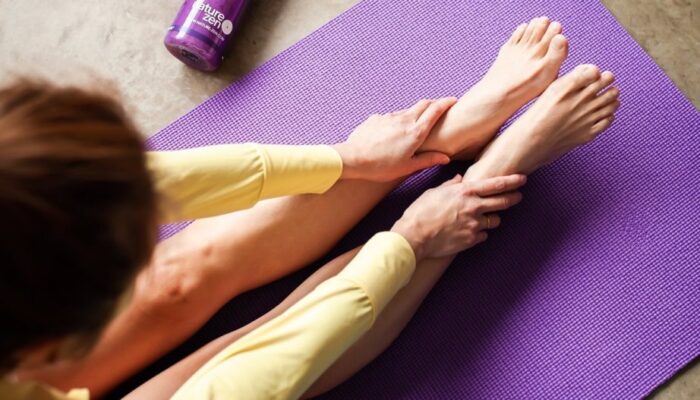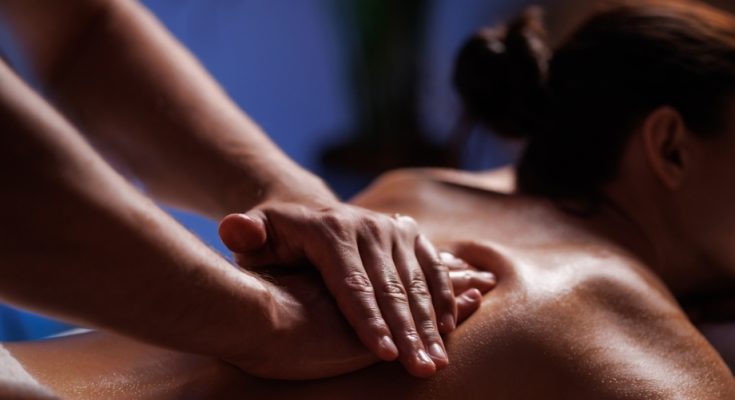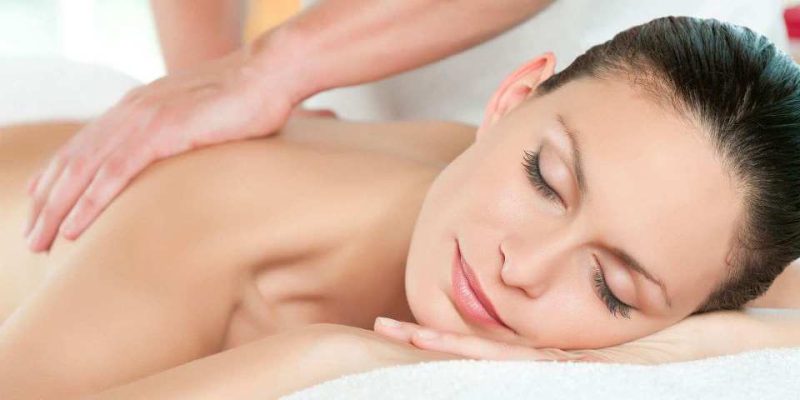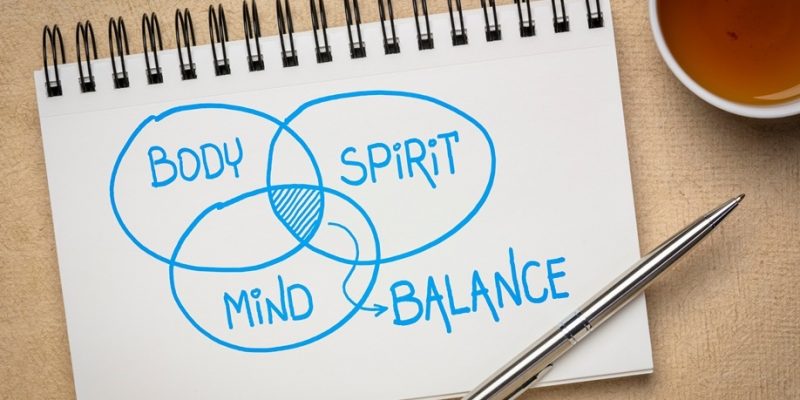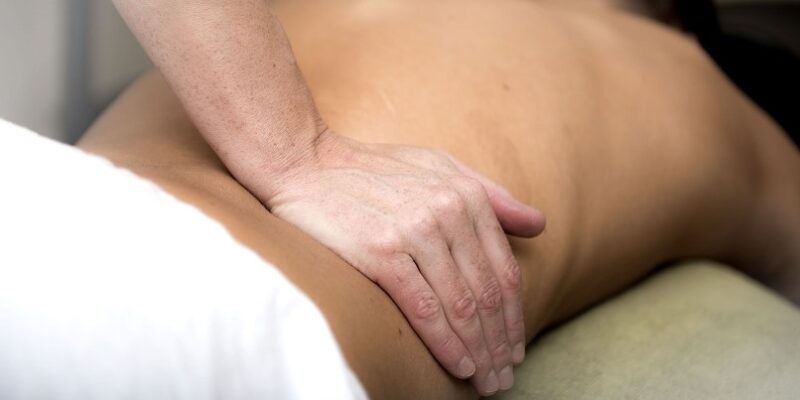
Modern healthcare has long recognized the value of a holistic approach in treating patients.
One lesser-explored facet of this concept is the integration of wellness practices, like massage and bodywork, into the training of medical professionals.
Resuscitation education, a cornerstone of emergency response, can greatly benefit from these complementary modalities.
Let’s explore how this synergy can enhance healthcare training, optimize wellness, and improve outcomes.
Training Medical Staff In Complementary Modalities
Medical professionals undergo rigorous training to ensure they can provide the best possible care to their patients.
Incorporating wellness-focused modalities such as massage and bodywork can offer additional skills and insights that can be crucial in various medical scenarios.
Resuscitation Training: The Stress Factor
The act of resuscitating someone is both physically and emotionally draining.
Medical professionals need to remain composed and precise in their actions, often under immense pressure.
Incorporating relaxation techniques derived from massage and bodywork can help reduce stress levels during resuscitation.
By teaching professionals how to manage their own stress in these critical moments, we not only improve their personal wellbeing but also increase the likelihood of successful patient outcomes.
Sensory Awareness And Intuition
While the mechanics of resuscitation are taught in great detail, the subtle cues that a patient’s body may give are often overlooked.
The heightened sensory awareness that comes from practicing massage and bodywork can enable medical professionals to pick up on these cues.
This deeper connection to the patient can inform decisions, making interventions more timely and effective.
Physical Stamina And Self-Care
Resuscitation requires both physical stamina and dexterity.
Regular massage and bodywork can enhance a practitioner’s endurance and reduce the chances of musculoskeletal injuries.
By learning the principles of self-care inherent to these modalities, professionals can better maintain their physical wellbeing over the course of their demanding careers.
Wellness: More Than Just Relaxation
While many view massage and bodywork as tools for relaxation, their benefits extend far beyond that.
In a medical setting, these modalities can play a significant role in patient recovery, pain management, and overall wellness.
Enhanced Recovery Times
Massage has been shown to improve circulation, reduce inflammation, and aid in the removal of metabolic waste.
When incorporated into post-resuscitation care, these benefits can lead to faster recovery times and reduced hospital stays.
Emotional And Psychological Support
Undergoing resuscitation can be a traumatic experience. Offering massage and bodywork post-event can provide patients with emotional and psychological support.
The human touch, combined with a relaxing environment, can help alleviate anxiety, stress, and other negative emotions associated with medical emergencies.
Promotion Of Holistic Wellbeing
Massage and bodywork address both the physical and emotional aspects of a patient’s wellbeing.
By incorporating these modalities into the broader spectrum of healthcare, we foster an environment that values and promotes holistic health, leading to better patient outcomes and improved quality of life.
Creating An Integrative Healthcare Model
The current healthcare model predominantly operates in silos, with different specialties often working independently of one another.
The integration of massage and bodywork into medical training and patient care can pave the way for a more collaborative and comprehensive approach.
Interdisciplinary Collaboration
When medical professionals are trained in complementary modalities, it creates opportunities for interdisciplinary collaboration.
A doctor or nurse trained in basic massage techniques can liaise more effectively with a physical therapist or massage therapist, ensuring a unified approach to patient care.
Patient-Centered Care
An integrative model that includes massage and bodywork places a stronger emphasis on patient-centered care.
It recognizes the unique needs of each individual, focusing on their physical, emotional, and psychological wellbeing.
This approach not only leads to better patient outcomes but also improves satisfaction and trust in the healthcare system.
Continued Professional Development
As the healthcare landscape evolves, so too should the training and skills of its professionals.
By offering courses in massage and bodywork as part of continued medical education, we ensure that our professionals remain at the forefront of integrative medicine, providing the best possible care to their patients.
The Role Of Mindfulness In Enhancing Medical Training
Amidst the dynamic and often stressful world of healthcare, the practice of mindfulness stands as a beacon of balance. Integrating mindfulness into medical training offers a multifaceted solution to some of the challenges faced by practitioners.
Not only does it bolster mental clarity and focus, but it also offers tools for emotional regulation in the face of high-pressure situations.
Mindfulness For Enhanced Decision Making
In split-second scenarios where every decision counts, the clarity of mind becomes paramount.
Mindfulness practices, through techniques like focused breathing and meditation, train the brain to remain calm and centered.
This allows medical professionals to make decisions with a clear head, minimizing the risk of oversight due to panic or stress.
Emotional Resilience In High-Stress Environments
The medical field is rife with emotional challenges.
From delivering bad news to families to witnessing life-altering injuries, professionals are frequently exposed to heavy emotional burdens.
Mindfulness practices can equip them with the resilience needed to navigate these challenges.
By recognizing and acknowledging their feelings without becoming overwhelmed, practitioners can provide care without compromising their own emotional well-being.
Deepening Patient-Practitioner Connections
Mindfulness teaches practitioners to be present in the moment. This presence can deeply enhance the connection between a patient and their healthcare provider.
By being genuinely present during consultations, practitioners can better understand their patients’ needs, concerns, and emotions, leading to more personalized and compassionate care.
Closing Remarks
In conclusion, the marriage of traditional medical training with complementary modalities like massage and bodywork holds immense potential.
By focusing on both the tangible skills of resuscitation and the holistic benefits of wellness practices, we can foster a healthcare system that truly addresses the needs of both professionals and patients.

